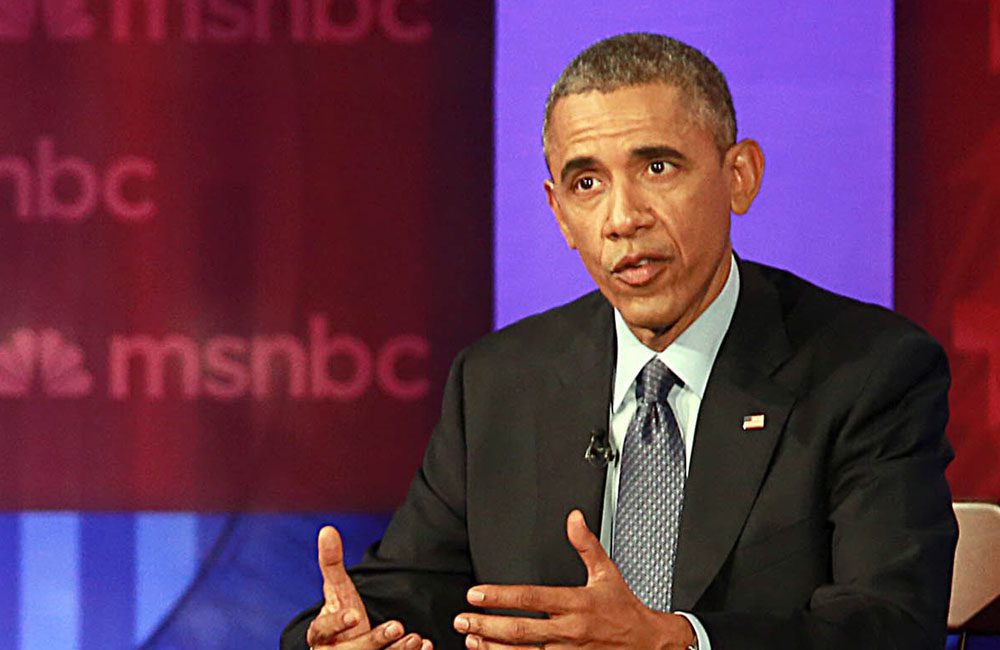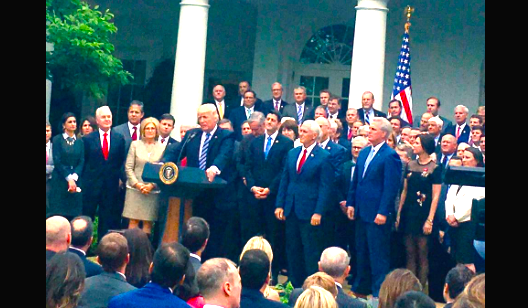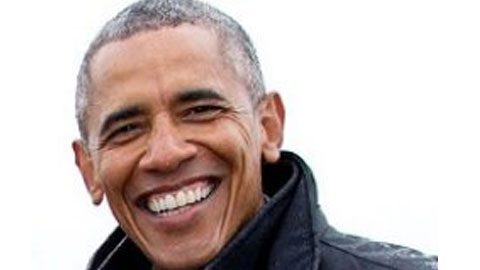 Over the past decade, everywhere we sent U.S. troops in which we aided in the death, killing or assassination of a sovereign foreign head of state, that nation has coincidentally been an energy-rich country with vast amounts of oil or natural gas. Saddam Hussein was in Iraq and he was hanged. Gadhafi was in Libya and he was summarily executed. In Afghanistan, there is no telling how many tribal and regional leaders (since they historically never had a nation state with a central government) we have killed. In each case they have what we need to paraphrase the great Biz Markie — oil and natural gas. This tradition is continuing with the recent deployment of U.S. service personnel to Uganda. Oil and Uganda? Yes.
Over the past decade, everywhere we sent U.S. troops in which we aided in the death, killing or assassination of a sovereign foreign head of state, that nation has coincidentally been an energy-rich country with vast amounts of oil or natural gas. Saddam Hussein was in Iraq and he was hanged. Gadhafi was in Libya and he was summarily executed. In Afghanistan, there is no telling how many tribal and regional leaders (since they historically never had a nation state with a central government) we have killed. In each case they have what we need to paraphrase the great Biz Markie — oil and natural gas. This tradition is continuing with the recent deployment of U.S. service personnel to Uganda. Oil and Uganda? Yes.
Uganda is sitting on tons of oil. Oil exploration began in Uganda’s northwestern Lake Albert basin nearly a decade ago and according to estimates by the Energy Ministry, the African nation has over two billion barrels of oil. The British firm Tullow Oil operates three oil blocks in the region, and had sold off part of its stake to Total and China’s CNOOC. But the sale was halted following allegations of bribery. Prime Minister Amama Mbabazi has been accused of receiving funds to lobby for oil production rights on behalf of the Italian oil firm ENI, which eventually lost its bid for exploration rights to Tullow Oil. In addition, Foreign Affairs Minister Sam Kutesa and Internal Affairs Minister Hilary Onek have also been accused of taking bribes from Tullow Oil worth over $23 million and $8 million U.S., respectively.
As a result of these activities occurring over the past few weeks, it is ironic that Obama has decided to intervene with the rebels he claims are wreaking havoc in the region and fostering social unrest. Obama notified House Speaker John Boehner of the deployment of special operations forces to central Africa with the first troops reportedly arriving in Uganda on Oct. 19.
The rebels are representatives of the people, just like those he sent NATO forces to protect in Libya. It was hoped that the discovery of oil would improve the economic conditions of the masses. Fifty-one percent of the population lives below the poverty line. The Ugandan economy is suffering from a 20-year high double-digit inflation now at 28.3 percent. 
Uganda is scheduled to begin refining oil in 2014 . The 2.5 billion barrels of crude along Uganda’s western border with Congo will be extracted upon the development of a refinery in a phased manner, starting with capacity of around 40,000-60,000 barrels per day before peaking at 150,000 barrels per day by 2016.
Many are unaware that Africa’s exports of oil to the United States, largely from Nigeria and the dictator state of Equatorial Guinea, at rates almost equal to those of the Middle East. But again, why intervene in Uganda now? I have outlined several factors, including the suggestion of U.S. intervention by the International Crisis Group, which is the principal author of “Responsibility to Protect,” the military doctrine used by Obama to justify the U.S.-led NATO campaign in Libya. Even more coincidental is that billionaire George Soros is a member of its executive board and just recently recommended the U.S. deploy a special advisory military team to Uganda.
Soros, via his Open Society Institute, is one of only three nongovernmental funders of the Global Centre for Responsibility to Protect, as well as other Institute advisers including Samantha Power, the National Security Council special adviser to Obama on human rights, who also aided in the establishment of the International Criminal Court. Soros maintains close ties to oil interests in Uganda. As early as April of 2010, Soros’ International Crisis Group, or ICG, released a report sent to the White House and other lawmakers advising the U.S. military to run special operations in Uganda to capture the rebel group’s leader. It makes sense because in 2008, a national oil and gas policy, proposed with aid from a Soros-funded group, was supposed to be a general road map for the handling of the oil.
Like in Libya, the U.S. mission will be to advise forces seeking to kill or capture Joseph Kony, the leader of the rebel Lord’s Resistance Army, or LRA. In the past, the Obama administration has stated it would only deploy U.S. troops in the Middle East, Africa or Central Asia to target terrorist groups and rogue states that threaten the U.S. Unfortunately, this is not an apt description of the Lord’s Resistance Army.
So why is it that all of a sudden we are sending troops to another African nation? Not any nation but one rich in oil? We know the region, which includes South Sudan — which became an independent state in July after a two-decade civil war with the government in Khartoum, is also one of the emerging oil-rich states producing 500,000 barrels per day. This accounts for 80 percent of the country’s untapped oil deposits: meaning our presence may provide for increased penetration by Western-based oil firms in the United States and Europe. We know that the U.S. was a major proponent of splitting off South Sudan from the central government, as well as supporting the secessionist rebel movements in the western region of Darfur.
Since the secession of South Sudan, where 80 percent of the country’s untapped oil deposits exist, the region is open to greater penetration by Western-based oil firms in the United States and Europe. The U.S. was a major proponent of splitting off South Sudan from the central government, as well as supporting the secessionist rebel movements in the western region of Darfur.
Uganda has yet to produce a single barrel of oil, but it is obvious that its presence has played a key role in the Obama’s administration via the influence of George Soros to intervene militarily to help Uganda fight the rebels of the Lord’s Resistance Army.
I find this puzzling since we had these opportunities before oil was found and neglected to get involved. Now we are involved and the only fact that has changed is that the country is now rich in oil and we want to get our hands on it. To do so, we will most likely kill another person in another nation who has the support of the people more than the elected government does.














